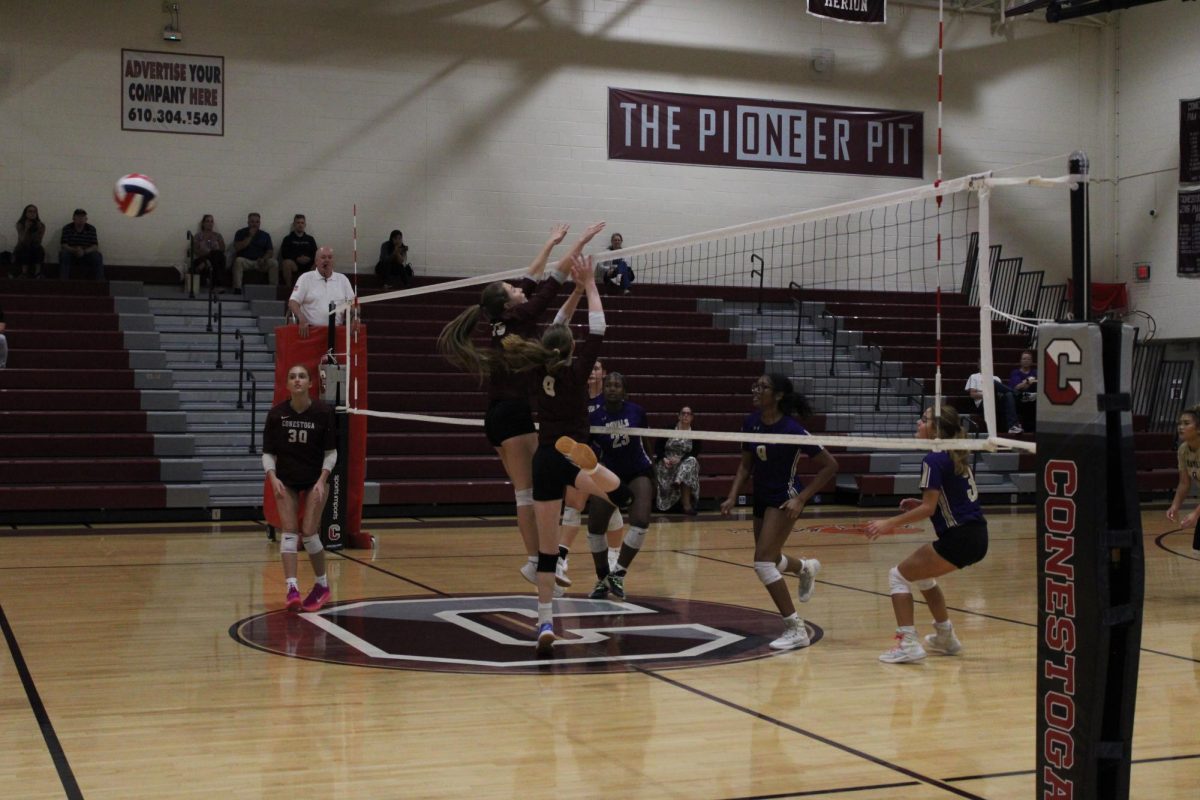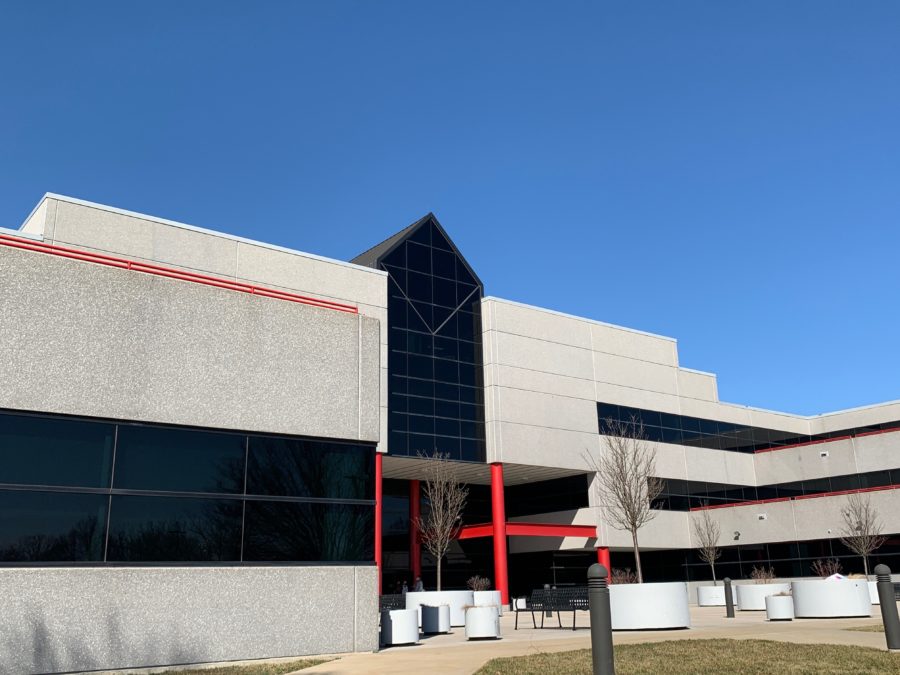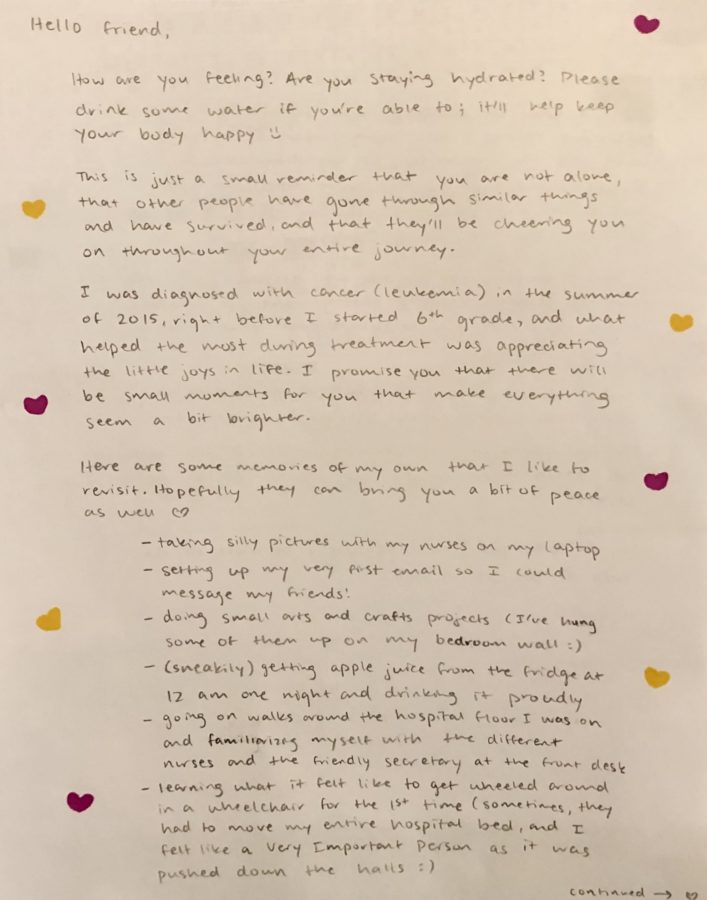By Zakiyah Gaziuddin and Ben Shapiro, News Editor and Staff Reporter
As the nation continues to reel from the pandemic, vaccines have been a source of optimism for people around the nation and in the district. As educators and school staff gradually receive their vaccines, the district expects that “all school employees who wish to receive a vaccine will be able to receive one by early April.”
With more than 3 million vaccinated residents in the state according to the PA Department of Health, Gov. Tom Wolf announced plans for administering 94,500 doses of the Johnson and Johnson (Janssen) vaccine to school personnel on March 3. By March 20, the Chester County Intermediate Unit (CCIU) distributed 5,300 vaccines. However, according to TESD Pandemic Coordinator Chris Groppe, only 334 were specifically allocated to TESD.
Michael Palmatier, an AP Psychology and Honors U.S. History teacher, recalls driving two and a half hours to Susquehanna County, Pennsylvania, and back on March 8 to receive his shot due to a quicker availability.
“At first my thought was, well, maybe I’ll wait for something to be a little closer, but then I thought, well, wait a minute, Susquehanna is pretty close to home. I can use this as an excuse to see my mom get the shot,” Palmatier said. “My getting the shot Monday means that now, some other teachers will be able to get it more quickly down here someplace.”
The process of receiving a vaccine started with a survey being sent out to school employees. George Fiore, the executive director of the CCIU, explained that the results are then sent to the PA Department of Health, which determines the eligibility of teachers, creating a list to send back to the CCIU. From there, individual schools are made aware of the results, and staff are given the opportunity to sign up and choose a time to get the vaccine.
Groppe explained that some school officials already received vaccines prior to the district’s efforts, with school nurses receiving their doses beginning last December as part of the initial 1A’s subgroup of healthcare workers. With that being said, Groppe acknowledges that there are many still waiting.
“Obviously, I would prefer that all of our educators get the vaccine as quickly as possible, but there’s also a recognition that if you’re 70 years old and have a medical condition, you should also have the vaccine,” Groppe said. “It’s unfortunate that there’s been such a finite supply of the vaccine to go around.”
As a special education paraprofessional in the district, Linda Peck recognizes the hardships of assisting students in the pandemic who are in need of more hands-on help. She emphasizes the importance of getting teachers vaccinated in order to return to something resembling normalcy in the classroom.
“It’s very different not being able to be near students as a para(professional) and hand-over-hand do things. From what you hear, in order to move forward, schools have to open up so people can go back to work,” Peck said. “In order for schools to feel comfortable about opening up, you need to vaccinate the teachers that are going to be in those buildings.”
Appreciating the ease of staying in the loop about vaccine rollout, Palmatier acknowledges the school district’s effort in relaying information about vaccine distribution given the limited supply of doses and the extreme demands. While staying posted through the district and checking other services, he ultimately came upon an earlier available slot through CVS.
“I’ve said that (signing up for the vaccine) was like asking two people out on a date and hoping one person says yes,” Palmatier said, “but then I ended up getting a third option, which is CVS.”
Unlike Palmatier, some felt that the vaccination process as a whole was very disorganized. One T/E employee who wishes to remain anonymous was worried that T/E only received 334 vaccines. They believe that the limited number and disorganization were major flaws that contributed to their decision to receive the vaccine independently.
“Getting an appointment was very challenging. You had Governor Wolf and Biden saying, ‘yes, teachers are going to get fully vaccinated,’ but in reality, (we’re) still dealing with a very limited supply,” the employee said. “There was a lot of miscommunication. What you’re seeing here is political forces saying, ‘hey, your kids can come back to school; teachers are vaccinated, they can stop complaining now,’ but in reality, you have vaccines that are enough for 30% of your staff. It’s not the same thing as saying all teachers are vaccinated.”
While most staff want to be vaccinated as soon as possible, limited availability prevents everyone from being able to get the shot through the CCIU at this time, leading some to get the vaccine on their own. Amy Alvarez, the president of the Tredyffrin Easttown Education Association, acknowledges this desire for vaccination while looking at the situation from a broader perspective.
“We have many essential workers in this country that provide all kinds of services that keep things moving. To say one category of essential workers should be prioritized over another is a very difficult moral and ethical question. There’s a reason why there’s entities that make these decisions,” Alvarez said.
Fiore explains that everyone is doing the best job they can given the circumstances. He believes that at the end of the day there is hope for not just the school staff, but the world as a whole.
“(We) can only handle so many vaccine sites at one time. We’re currently running 28 across the state,” Fiore said. “In the next 7-8 weeks, we’re going to be having a very different conversation. Here’s the message: everyone is going to get vaccinated.”


























































































